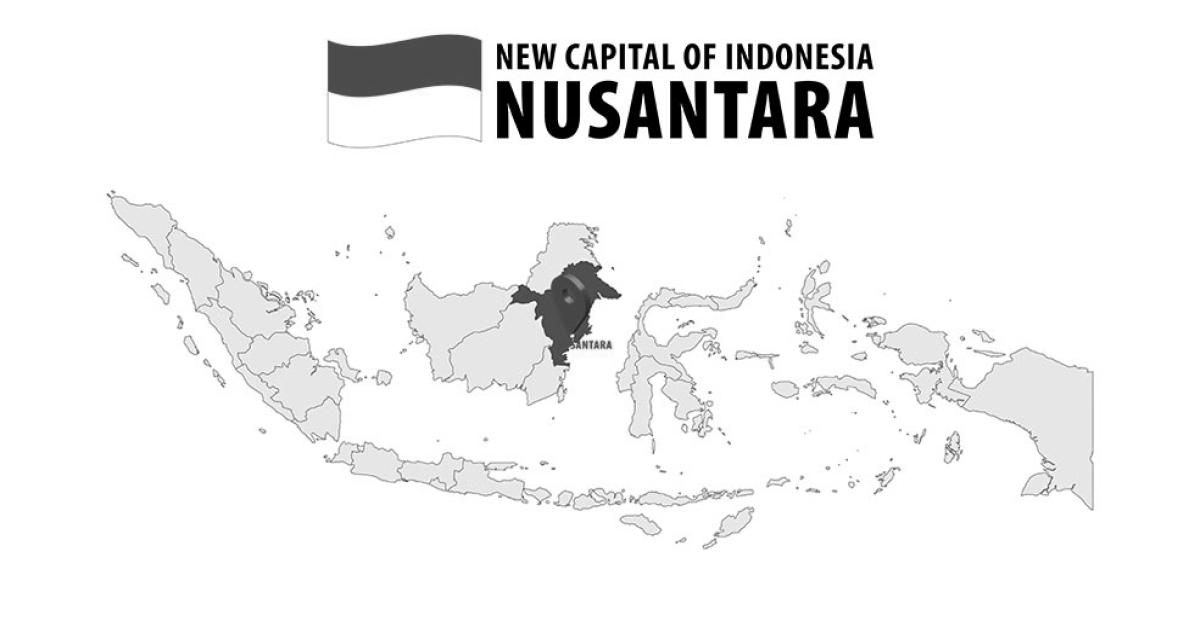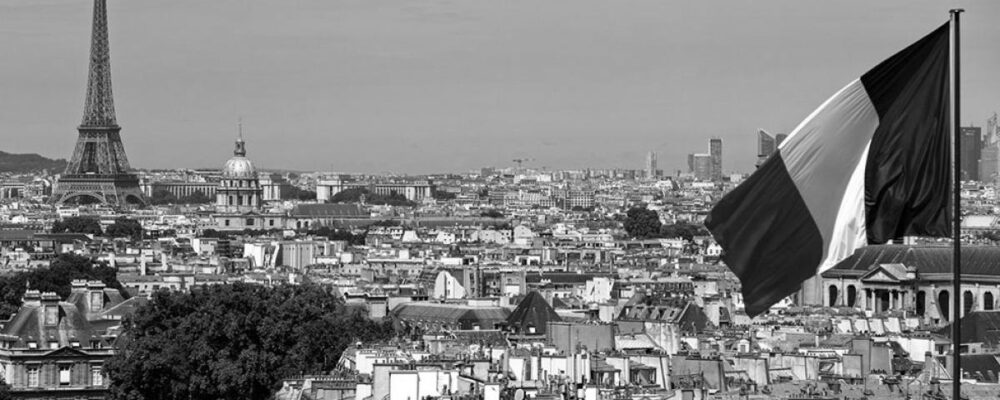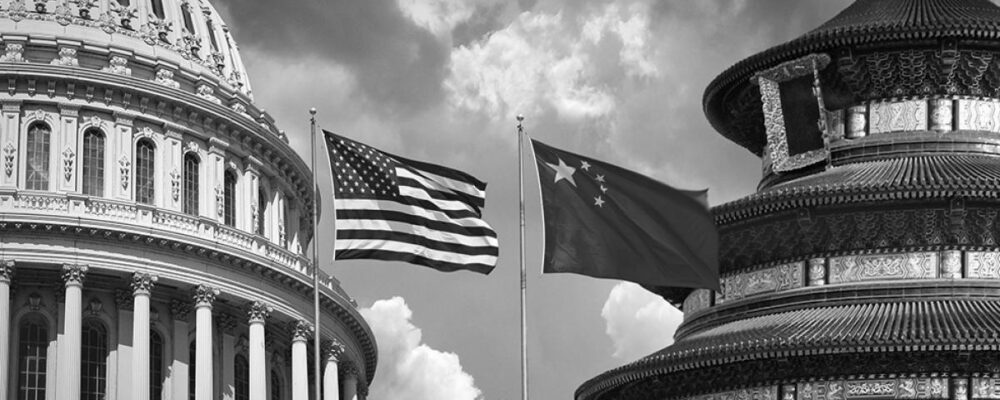A decision driven by pragmatic considerations…
The problems afflicting Jakarta include overpopulation, pollution, subsidence and flooding. With 12 million people living there – 30 million if you include the entire metropolitan area – Jakarta is overpopulated. It’s one of the world’s most densely populated cities, with more than 16,000 people per square kilometre. Its residents suffer the effects of chronic traffic congestion and the air pollution that goes with it.
Above all, the city is increasingly reliant on groundwater abstraction to meet the drinking water needs of its rapidly growing population. In the absence of an adequate water supply system, most of its residents mainly depend on water pumped from underground. This intensive extraction has resulted in an alarming amount of subsidence, with some parts of the city sinking by between 10 and as much as 30 centimetres a year. North Jakarta has sunk 2.5 metres over the past ten years. The consequences are dramatic: more than 40% of the city now lies below sea level. Sea walls have been built to prevent the Java Sea from flooding the city, offering residents a temporary respite. However, there is a very real threat that these walls could collapse. For example, a section of the wall gave way in 2007 following torrential rain and storms.
…as well as political ones
There is also an eminently political dimension to the project. Outgoing President Joko Widodo sees it as an opportunity to leave his mark on the country’s history. Known throughout his two terms of office as the “infrastructure president”, he sees the project as the culmination of his political vision – which is why he was so keen to inaugurate the new capital before leaving office in October. To make sure the project is completed, Joko Widodo has even had a law passed requiring future heads of state to continue with construction.
Moving the capital off the island of Java is also a way of strengthening national unity by integrating Indonesia as a whole and rebalancing economic activity across the country. Nusantara lies at the centre of the Indonesian archipelago and its 17,000 islands, whereas Jakarta is on the island of Java, which alone accounted for 58% of Indonesia’s GDP and 50% of its population in 2023.
A project beset by doubt, criticism and pessimism
because of a lack of funds. The government has committed to finance 20% of the projected cost, leaving the private sector to cover the remaining 80%. But while a handful of Indonesian groups have had no choice but to provide funding, foreign investors have failed to answer the call. The government hopes to reap 100,000 billion rupiah in private investment by the end of 2024. By the end of June, just 51,300 billion rupiah had been collected, all of it from domestic funding providers. Meanwhile, the government has already shelled out 42,000 billion rupiah (€2.44 billion) for the current fiscal year. While the inauguration may have sent a positive signal out to potential investors, they are looking for more tangible progress – notably on infrastructure – before committing. The accumulated delays and lack of amenities mean people are reluctant to relocate. To encourage or even force people to settle in Nusantara, the government is offering bonuses to civil servants, many of whom have voiced their displeasure.
Lastly, although Nusantara is designed to become a “green city”, running entirely on renewable energy and aiming to be carbon neutral by 2045, construction itself represents a threat to biodiversity. The city is being built in one of the world’s largest rainforests, home to rare and endangered species such as the orangutan and the proboscis monkey. The project has already resulted in the loss of 14,000 hectares of forest in an area already hit by deforestation due to mining and intensive palm oil production. The project also threatens the indigenous peoples of the forested region of West Kalimantan. The Balik people, for example, are gradually being driven out in return for financial compensation.
Nusantara is an extremely ambitious project driven by a mix of pragmatic and political considerations. History also shows us that the creation of “new cities”, and particularly capital cities (such as Brasilia, New Cairo and Abuja), is a fraught endeavour and rarely successful. Moreover, the project will not solve Jakarta’s overpopulation problem: Nusantara is designed to be able to accommodate just 2 million people by 2045. While Jakarta’s wealthiest residents might be able to move to higher ground, its poorest inhabitants are likely to find it very difficult to relocate. Indonesia must continue to invest to solve the problems facing Jakarta.
“Crédit Agricole Group, sometimes called La banque verte due to its historical ties to farming, is a French international banking group and the world’s largest cooperative financial institution. It is France’s second-largest bank, after BNP Paribas, as well as the third largest in Europe and tenth largest in the world.”
Please visit the firm link to site






